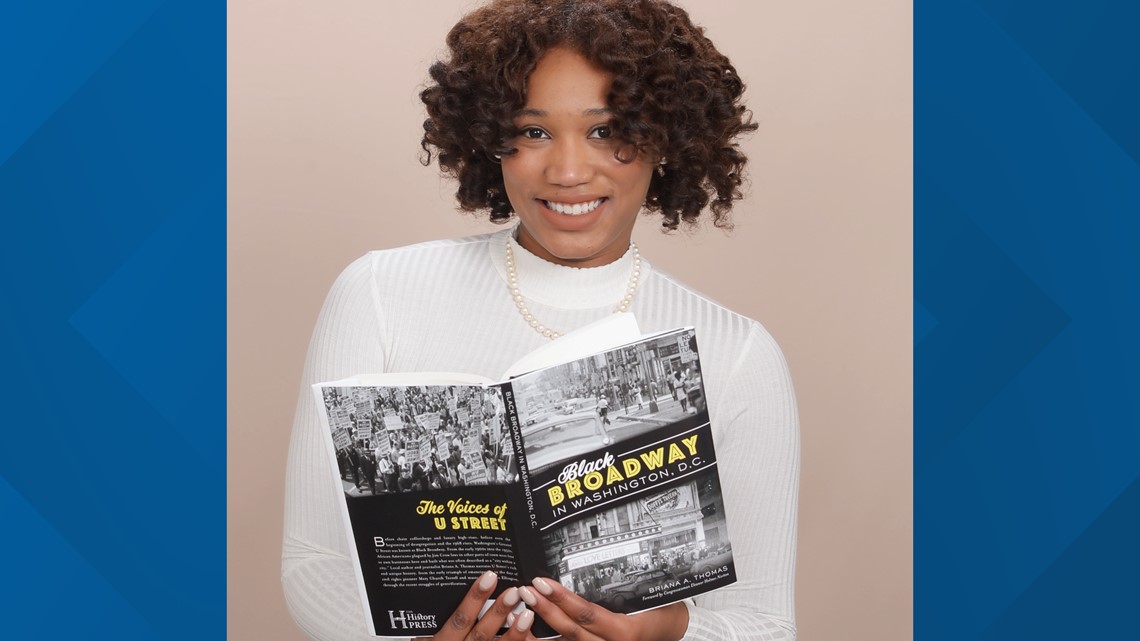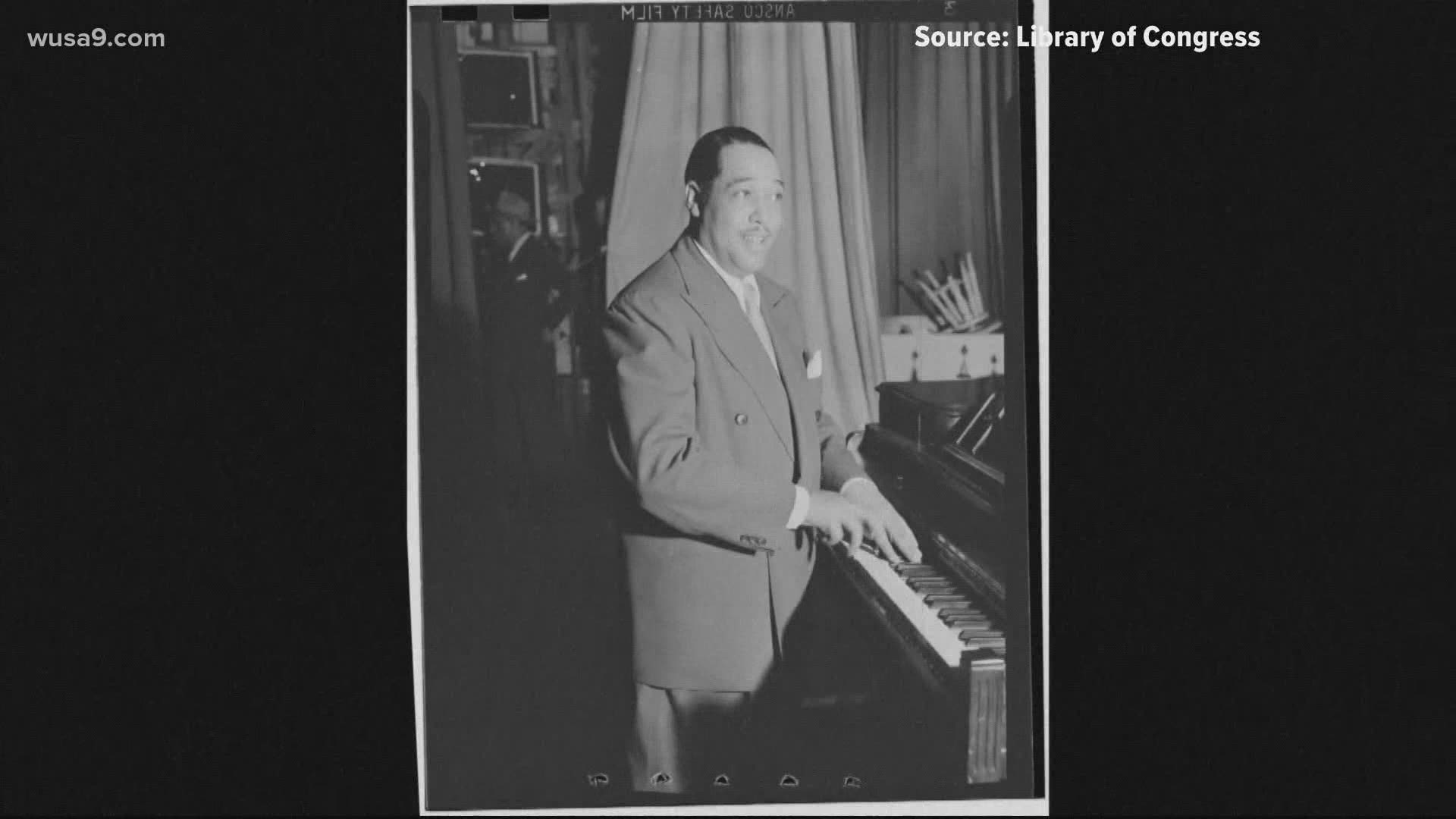WASHINGTON — In the late 19th century to the mid-20th century, the U Street Corridor was filled with Black-owned theaters, clubs, restaurants, and bars that illuminated the neighborhood at night. It was a part of town known as Black Broadway.
“If we were in time travel and went there, it would be lit! I think that’s what everyone would call it now," said Briana Thomas, author of Black Broadway in Washington, D.C.
According to Thomas, Black Broadway refers to the time period from the 1900s until about the 1950s where the U Street Corridor was the core of commercial activity, education, innovation, entertainment, and partying for African-American people.
Despite the challenges of segregation, the U Street Corridor was an area where African-American people thrived.
Thomas explained there were around 300 Black-owned businesses in the U Street area alone.
World-renowned entertainers came to U Street, including big names like Duke Ellington, Pearl Bailey, Louis Armstrong, and others from genres many might not expect.
“Madam Lillian Evanti was the first internationally known opera singer. So, I think talking about the Grammys we always think that it’s just jazz, or big band, or swing – but no. We had an opera singer come from U Street,” Thomas told WUSA9.
Thomas published her book in January 2021 after being inspired by the stories her grandmother shared with her about Black Broadway as a child.


“She would go to different dancehalls and - what she would call - hole-in-the-wall type of spots. I remember growing up – she took me to Howard Theater and Ben’s Chili Bowl,” Thomas recalled.
Ben’s, Lee’s Flower Shop, and Industrial Bank are the only 3 businesses out of the 300 that are still around from the Black Broadway era.
Thomas said while the booming success of Black Broadway's past may not be repeated, there is still a reason for hope moving into the future
“Can it be repeated? Can we get back to this success, and this wealth and prosperity for Black people? A lot of time the answer is: probably not. We may not ever have a Black Broadway again, but it does not mean we can’t evolve with the times," Thomas said. "That’s the take away I want for people with this book is to realize the history is not lost, but the book is something so the history doesn’t get overlooked.”
For more information on Black Broadway in Washington, D.C., click here.

